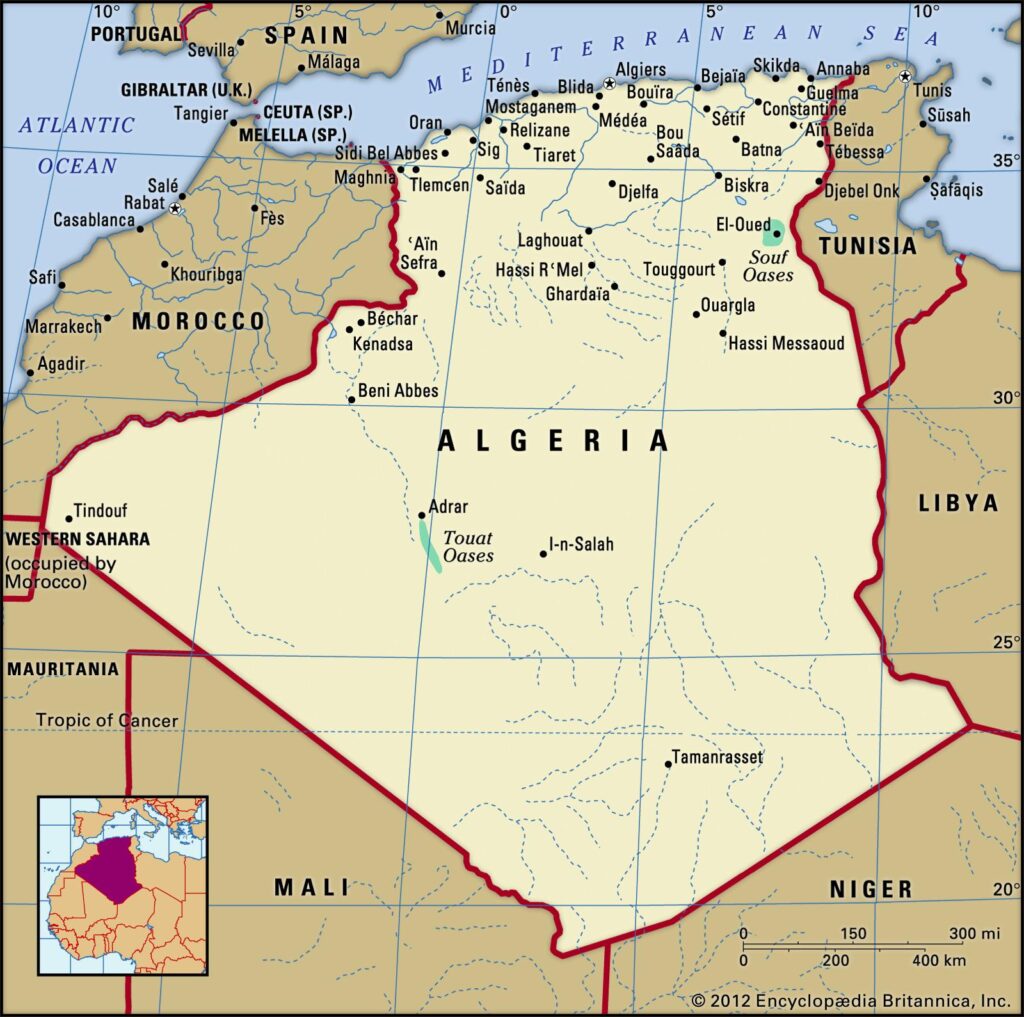Diplomatic Fallout in the Sahel: Algeria and Neighbors React to Malian Drone Downing
The recent downing of a Malian drone has intensified diplomatic tensions between Algeria and its neighboring Sahel countries, triggering a notable withdrawal of ambassadors by several states including Niger and Burkina Faso. This move highlights the delicate nature of regional relations amid persistent security threats such as terrorism, illicit trafficking, and border disputes. The incident not only spotlights ongoing military confrontations but also raises critical questions about the future of cooperation among these nations striving to maintain stability in North Africa’s volatile Sahel belt.
Escalating Diplomatic Tensions Following the Drone Incident
The shooting down of a Malian drone near Algerian airspace has sparked an unprecedented diplomatic crisis that threatens to unravel fragile alliances within the Sahel region. In response, key neighbors have recalled their ambassadors from Algiers as a protest against what they interpret as an infringement on sovereignty. This reaction underscores deep-rooted mistrust and national sensitivities that complicate efforts toward unified security strategies.
Experts emphasize that this diplomatic rupture is symptomatic of broader geopolitical challenges facing the region:
- Security Collaboration at Risk: Heightened animosities may stall joint operations targeting extremist factions like Boko Haram or ISIS affiliates active across borders.
- Shifting Political Alliances: Countries might recalibrate partnerships, potentially inviting greater influence from external powers such as France, Russia, or China seeking footholds in West Africa.
- Domestic Pressures: Public opinion within affected countries could push governments toward more assertive postures rather than conciliatory diplomacy.
The Broader Impact on Regional Security Architecture
This ambassadorial withdrawal signals more than just symbolic discontent; it threatens to undermine coordinated counterterrorism initiatives vital for curbing violence across one of Africa’s most unstable regions. The Sahel faces multifaceted threats—from jihadist insurgencies exploiting porous borders to sophisticated human trafficking networks operating with impunity.
The consequences include:
- Deterioration of Mutual Trust: Reduced communication channels increase risks for miscalculations or unintended escalations during military operations near contested zones.
- Sidelining Multilateral Efforts: Organizations like G5 Sahel may find their effectiveness compromised if member states prioritize national interests over collective security goals.
- Evolving Power Dynamics: With regional unity weakened, foreign actors might intensify involvement through military aid or economic investments aimed at securing strategic advantages.
A recent report by the International Crisis Group notes that since early 2024 there has been a nearly 30% rise in cross-border attacks linked to extremist groups—a trend likely exacerbated if cooperation falters further due to diplomatic strains like those currently unfolding between Algeria and its neighbors.
Paving Pathways Toward Reconciliation and Enhanced Cooperation
Tackling these challenges requires renewed commitment toward dialogue-driven solutions designed to rebuild trust among Sahel nations. Establishing inclusive platforms where political leaders, security officials, and civil society representatives can engage openly is essential for de-escalating tensions triggered by incidents such as drone shootdowns.
A multi-pronged approach could include:
- Bilateral & Multilateral Dialogues: Convening regular summits focused on transparent communication regarding military activities along shared borders can prevent misunderstandings escalating into crises;
- Cohesive Security Operations: Joint training exercises involving Algerian forces alongside troops from Mali, Niger, Burkina Faso—and supported by international partners—can foster interoperability against common threats;
- Cultural Diplomacy Initiatives: Programs promoting exchanges among youth groups emphasizing shared heritage may help soften nationalist rhetoric fueling discord;
- Grassroots peacebuilding efforts engaging local communities directly affected by conflict zones are crucial for sustainable reconciliation;
Navigating Forward: Prospects for Stability in the Sahel Region
The ambassador withdrawals mark a pivotal moment reflecting both immediate grievances over territorial sovereignty violations and deeper structural vulnerabilities within regional diplomacy frameworks. As Algeria’s neighbors reassess their foreign policies amid rising nationalist sentiments and external pressures from global powers vying for influence across Africa’s strategic corridors—the imperative remains clear: fostering resilient partnerships grounded in mutual respect is indispensable for long-term peace.
International observers will be watching closely whether this episode leads merely to temporary estrangement or catalyzes constructive engagement aimed at addressing shared concerns such as terrorism proliferation and illegal trafficking networks.
Ultimately, restoring dialogue channels offers hope not only for mitigating current hostilities but also strengthening collective resilience against evolving security threats imperiling millions throughout North Africa’s vast Sahel expanse.
For continued updates on developments shaping this critical geopolitical landscape visit our dedicated coverage page on regional conflicts & counterterrorism efforts.
